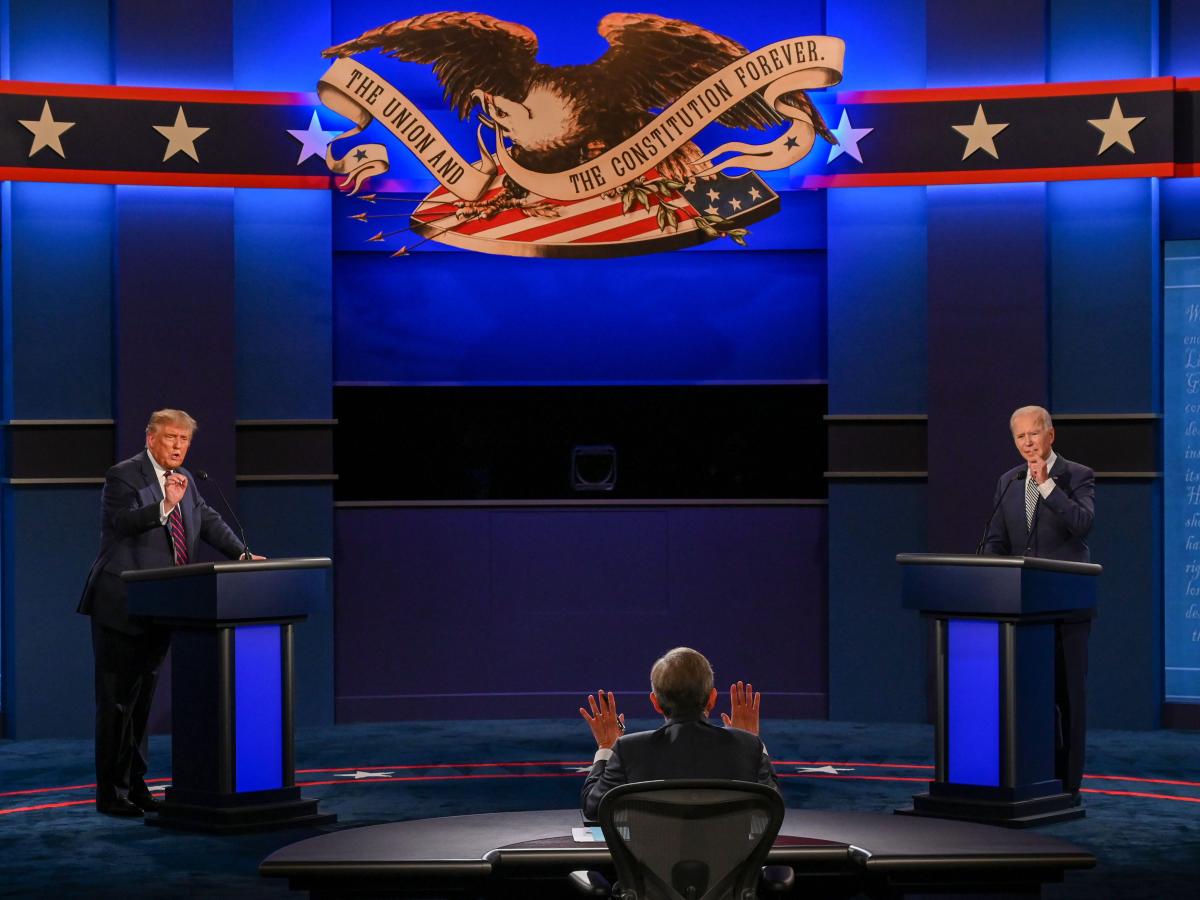The Supreme Court ruled Monday that former President Donald Trump will remain on Colorado’s primary ballot — and thus ballots nationwide — after the state moved to bar him.
The Colorado Supreme Court had decided that Trump should be barred from the ballot under a constitutional clause that prevents officials who engaged in insurrection from holding public office. The Supreme Court ruling reverses that decision.
Justices appeared to support their decision in during arguments in February.
The case, Trump v. Anderson, concerned whether Colorado was wrong to exclude Trump from the state’s primary ballot under Section 3 of the 14th Amendment, enacted after the Civil War to bar former Confederates from holding public office.
This was the first time the Supreme Court decided on Section 3, a clause that says officials who engaged in insurrection, an act of uprising against the government, should be barred from holding office again.
“This case raises the question whether the States, in addition to Congress, may also enforce Section 3,” justices wrote in the ruling. “We conclude that States may disqualify persons holding or attempting to hold state office. But States have no power under the Constitution to enforce Section 3 with respect to federal offices, especially the Presidency.”
Colorado’s Supreme Court in December decided to remove Trump after saying that he engaged in insurrection and thus was banned from being president because of the 1868 constitutional amendment.
If the Supreme Court had ruled otherwise, states could go through similar legal processes to remove the former president from the general election ballot. The conservative-leaning court is ideologically split 6-3. Trump appointed three of the sitting justices.
Maine had moved to pull Trump from its primary ballot and Illinois decided the same while the Supreme Court considered the decision. All of three states’ actions were on hold pending the court’s decision.
California Lt. Gov. Eleni Kounalakis had hoped to see Trump off the March 5 ballot. Secretary of State Shirley Weber had told her she’d looked at options before allowing Trump on California’s primary ballot.
A decision to disqualify Trump, the front-runner for the Republican nomination, had broader legal and political implications. Dozens of states around the country had similar cases concerning his ballot eligibility.
Justices, conservative and liberal, seemed to fear in letting states decide to disqualify a national candidate on the grounds of Section 3 without clear federal legislation during oral arguments in February. The Supreme Court at the time skirted whether Trump engaged in insurrection.
The last time the Supreme Court was thrust into a presidential election was in 2000 — Bush v. Gore — when the justices effectively ruled former President George W. Bush won and stopped a Florida recount. That decision was criticized as polarized, sparking similar public debate about the Supreme Court’s role and fair elections.
What happened during February’s oral arguments?
Trump’s lawyer relied heavily on the language of Section 3 to argue that it does not apply to Trump’s unique circumstance, including that the clause didn’t include the nation’s highest office or candidates and that the former president never took an oath to “support” the Constitution since he never held any other office.
The lawyer, Jonathan Mitchell, said that Jan. 6, 2021, was a “riot” and while Trump had not engaged in insurrection, it wasn’t up to Colorado or any other state to determine if he was disqualified from the ballot because of it. Rather that power lies with Congress, he said, which can, by a two-thirds vote, restore the ability for an official who engaged in insurrection to hold office.
He claimed Congress would have to pass a law allowing states to preemptively bar candidates from the ballot in this circumstance.
Afterward, the lawyer for the Colorado voters, Jason Murray, said that Section 3 should apply to presidents and that it was enforceable by states without a federal statute. Murray said requiring a statute would be counter-intuitive to blocking an insurrectionist from taking office. The Constitution preserves that right for states to run presidential elections and thus are permitted to disqualify candidates who don’t meet certain criteria, he said.
What happened in Colorado?
The initial case to pull Trump from Colorado’s ballot came from four Republican and two independent voters working with watchdog Citizens for Responsibility and Ethics in Washington (CREW).
Their lawsuit claimed Trump provoked the Jan. 6, 2021, attack to subvert the peaceful transfer of power after the 2020 presidential election and that this amounts to insurrection. Under Section 3, they said, this made him ineligible to be president again and thus he should not be on the primary ballot.
In December, the Colorado Supreme Court agreed in a 4-3 decision. All the justices have been appointed by Democratic governors.
What happened in California?
Lawsuits in dozens of states including California challenged Trump’s ballot ability, but Colorado and Maine were the only two states that moved to bar him.
After the Colorado ruling in December, California’s lieutenant governor asked the secretary of state to “explore every legal option” to take Trump off the ballot. Secretary of State Shirley Weber kept him on the primary ballot when she released the certified list of candidates.
Weber responded to Kounalakis in a Dec. 22 letter saying that challenges to ballot eligibility were to be resolved by courts and that her office was continuing to track legal actions, including that of the Supreme Court. Weber told the Los Angeles Times that blocking Trump from the ballot could be seen as political.
Trump would likely not win the general election vote in California given its overwhelming Democratic voter registration. But in states with high Republican concentrations, removing Trump from the ballot would significantly hinder is election odds.
Signup bonus from




